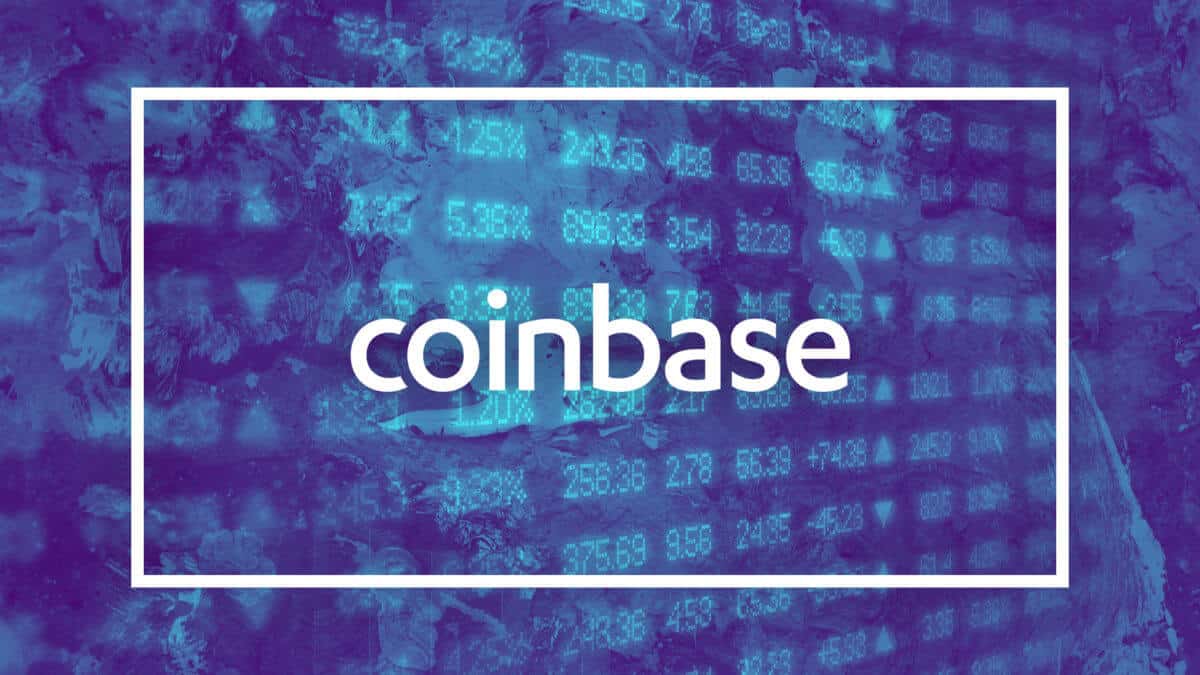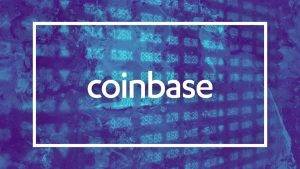Join Our Telegram channel to stay up to date on breaking news coverage
Some things are just strange to see, write about, or even acknowledge, to begin with. One such thing is how a three-judge panel made a ruling that likened Coinbase a “traditional bank.” This ruling came as a result of a convicted child porn purchaser trying to appeal with the Fourth Amendment when the FBI subpoenaed the records of Coinbase. These records, in turn, showed that the man had purchased child pornography through the use of Bitcoin, and it was concluded that this did not violate his Fourth Amendment fights.
A Sad Way To Make A Legal Precedent
The man in question, Richard Gratkowski, had his appeal summarily rejected. He was convicted of accessing websites with the intent to view child pornography back in May of 2019, as well as receiving child pornography, to begin with. The man was sentenced to 70 months in prison, with an additional sentence of 10 years of probation.
It was on the 30th of June, 2020, when the US court likened Coinbase to a traditional bank. As justification, it cited the unanimous decision by the Supreme Court in 1939. There, it was concluded that bank records were not protected under the Fourth Amendment law.
Ruling Coinbase Acted As Bank For Digital Currencies
Judge Catharine Haynes explained that Coinbase is considered a financial institution under the eyes of the law. She explained that the difference between traditional banks Coinbase, is that one deals in physical currency, while the other deals in virtual currency.
This entire matter started when the FBI subpoenaed the Coinbase exchange for information on its customers, where their accounts were associated with transactions made from a child pornography website. This investigation, in turn, informed a raid that was made in Gratkowski’s home. This raid subsequently resulted in the seizure of a hard drive with child pornography on it.
A Sad, But Meaningful Conclusion
Haynes commented that the information of the Bitcoin blockchain’s very nature, as well as the voluntariness of exposure, stands in contrast to the privacy interest for an individual’s information within the said blockchain.
While this is a very bad way to achieve it, Coinbase has managed to, in the eyes of the law, be likened to a bank of digital currency. While it would’ve been nice to have this occur with more good intentions and less child pornography, the exchange, and other US-based exchanges, could maybe leverage this to expand their offerings to the mainstream.
Join Our Telegram channel to stay up to date on breaking news coverage



